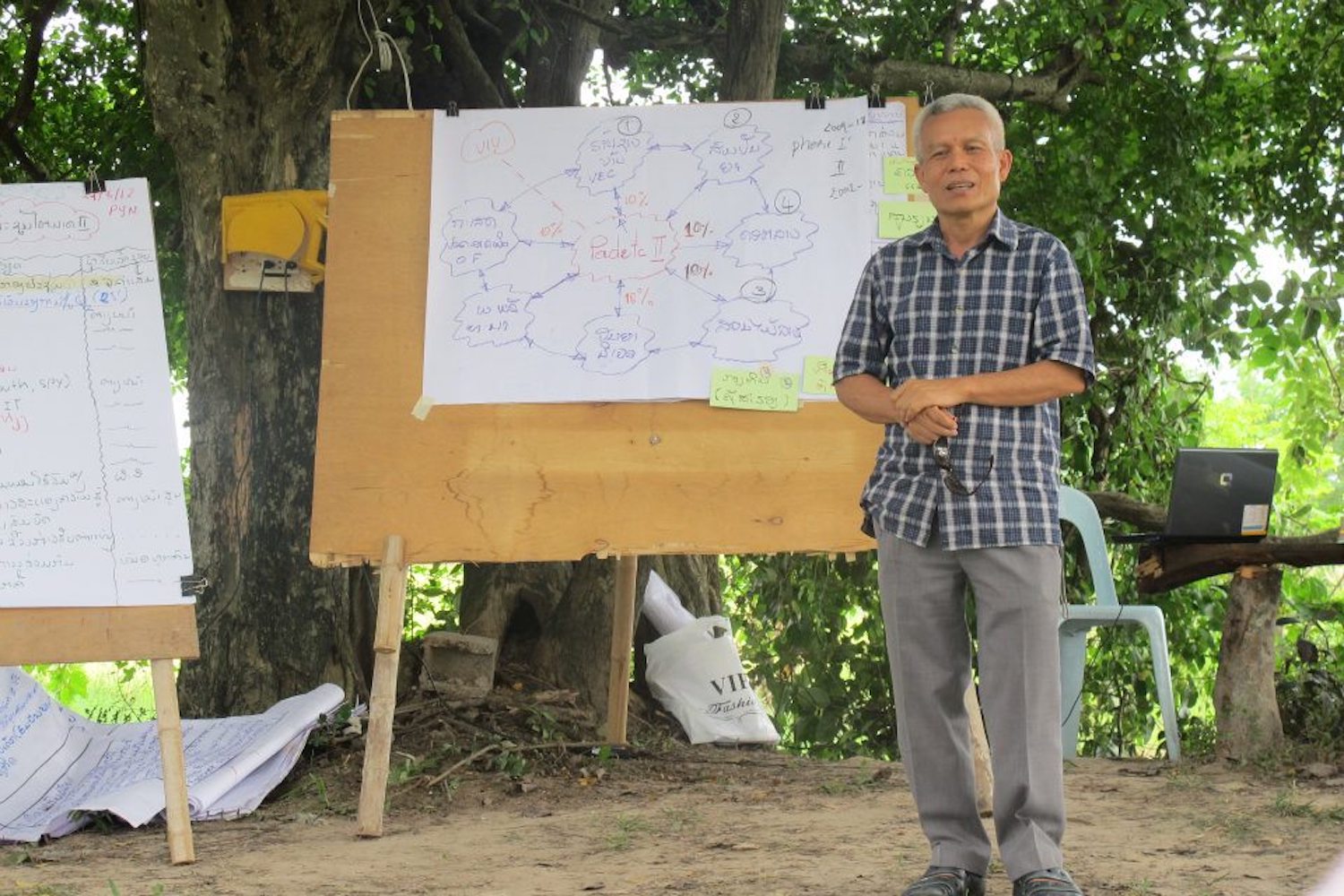Human Rights Watch: 25 June 2015
UN Human Rights Council: Adoption of the outcome of the Universal Periodic Review of the Lao People’s Democratic Republic
The Universal Periodic Review for the Lao People’s Democratic Republic shows the serious gap of Lao government statements of intent and associated plans, laws and decrees versus the minimal progress made on human rights in Laos since the previous UPR in 2010.
Laos’ declaration that it is considering ratifying the International Convention for the Protection of All Persons from Enforced Disappearance contrasts significantly with its failure to conduct a credible, thorough and impartial investigation into the enforced disappearance of renowned civil society leader and Magsaysay award winner Sombath Somphone, who in December 2012 was videoed being taken from his car at a police checkpoint on a main boulevard in the capital, Vientiane.
Numerous governments raised Sombath’s case during the interactive dialogue yet their concerns were met by an irrelevant and unacceptable Lao government response that “cases of disappearance happened throughout the world, sometimes as a result of conflict with criminal groups.” In Vientiane, far from Geneva, authorities are less circumspect in their campaign of making unfounded insinuations to smear Sombath as somehow being involved in crime. Similarly, it’s astounding that the Lao government claims it is “open to views or suggestions to help the investigation” when it has turned down multiple offers of technical assistance from many of the governments in this room that would help ensure a genuine investigation is undertaken.
Numerous governments made recommendations to encourage Laos to take steps to end restrictions on the rights to freedom of association, expression, and peaceful assembly. However, Laos gave no clear explanation why it passed an Internet decree that contains provisions that go well beyond internationally accepted limits on free speech contained in article 19 of the International Covenant on Civil and Political Rights, which Laos ratified in 2009. Laos has also tightened government control in the operating guidelines for domestic civil society organizations, as well as the decree overseeing the activities of international NGOs, again without explanation.
Lao accepted many general recommendations, but failed to accept those that would have represented genuine, concrete commitments for progress. This raises serious questions as to how the government actually proposes to implement the rights it rhetorically committed to.
